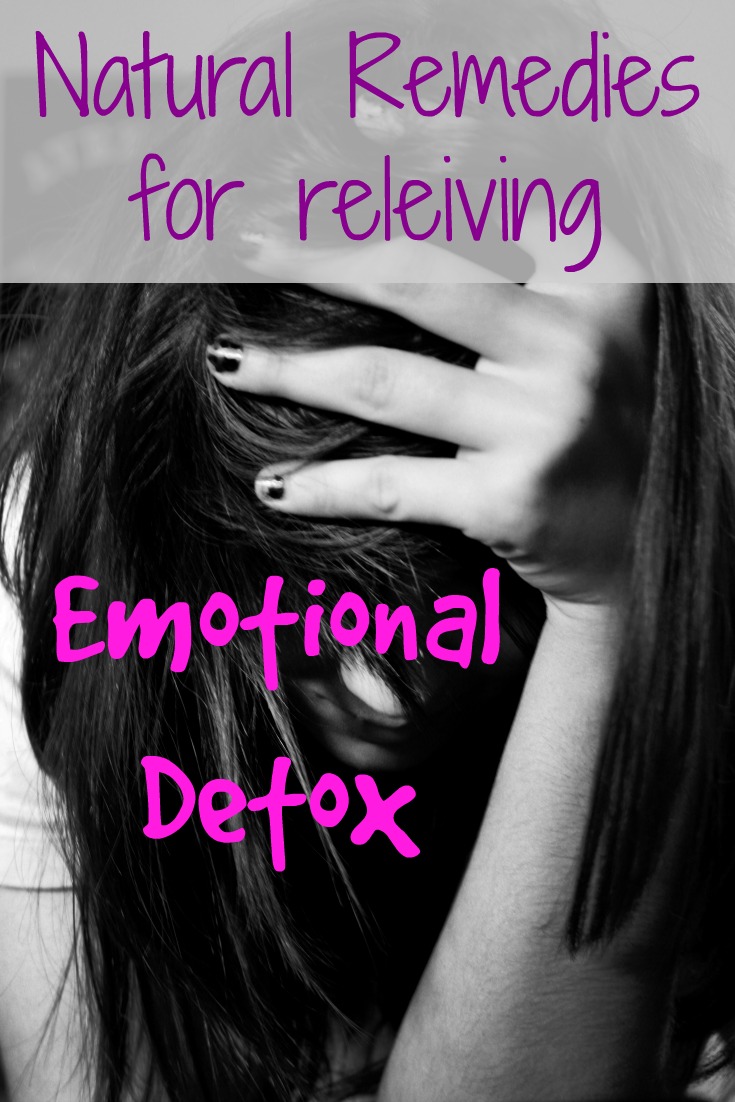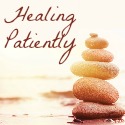I may receive a commission if you purchase something mentioned in this post. See more details here.
Many people go on the GAPS Diet to manage and heal digestive problems or food sensitivities. However, it is called Gut and Psychology Syndrome. And when addressing psychological problems with GAPS, die-off in the form of emotional detox will hit. And it will hit hard.
Many parents use GAPS to help their children with autism. A frequently overlooked use for GAPS, however, is for psychological problems such as depression and anxiety. I began GAPS hoping to improve my energy and heal my thyroid, acne, and reproductive hormones. But subclinical depression and anxiety were huge problems that I dealt with. I told myself that this was just me; this was my normal. But it’s not and I am so thankful to GAPS for showing me that. I am happier, more emotionally stable, and have more emotional stability than I have in far too long.
Some of these benefits are often see fairly quickly: My husband’s brain fog cleared up after just 3 days on GAPS. But you will also see die off. When healing the gut and digestive problems, die off often manifests as fatigue and digestive symptoms: constipation, diarrhea, bloating, gas, etc. Dealing with this is simple. Manage symptoms, eat healing foods, cut back on detoxing foods, take baths, and get through it. You may be uncomfortable, but at least your brain is working. This is the type of detox many people focus on.
Unfortunately, the brain and the gut are intimately linked. If you have gut issues, you likely have some sort of psychological issue. And as you heal, you will experience die-off in this capacity, too. This “emotional detox” can be debilitating.

Photo Credit: Paul 李加乂 Li via Compfight cc
What is Emotional Detox?
Emotional detox in the capacity of GAPS and die-off is the release of negative emotions and thoughts. It can be mild – just fatigue, brain fog, and a bit of irritability that clears up after a day or two. The more severe forms can be devastating: heightened anxiety and fear, uncontrollable crying, tantrums, depression, etc. And yes, all of these can occur in adults as well as children.
It is terrifying to lose control of your emotions. Even when you tell yourself that you are experiencing emotional detox and that this is temporary, it is a scary thing. You might find yourself screaming at your husband, sobbing uncontrollably because someone strained fruit in your colander, panicking with your heart pounding about something that you do not need to worry about, laying in bed unable to bring yourself to even heat up food.
Because you are detoxing and experiencing such negative emotions, looking on the positive side simply isn’t an option to help get through this period of die-off. The anxious or depressive feelings you are encountering will dominate any efforts you may make to feel better.
This isn’t to say that those practice aren’t important. If you can bring yourself to meditate, do a gratitude journal, spend time outside, or any of the typical suggestions for dealing with negative emotions, do it. But I also know that sometimes this emotional detox can be crippling, and that you may simply not have the emotional strength.
I am giving you permission to honor that. Emotional detox should be temporary. Your body is intensely healing itself, and it needs rest. If any of these symptoms last longer than a day or two, it is time to intervene. If you begin considering harming yourself or others, seek immediate medical attention.
Simple Ways to Manage Emotional Detox
I’m not going to tell you to go to yoga class, get outside (it might be snowing – my emotional detox is always worse when the weather is gross), or to just get up and move on with your life. There are times where you may need to do this, especially if you have an office job to get to or kids that need to be taken care of. You should also be following the general GAPS guidelines for handling die-off. But to help get you to that point, I’ll be sharing the simple way that I begin to relieve my emotional detox: essential oils
I know you need something that will work quickly and takes almost no effort. During my worst emotional detox, I often don’t even think about essential oils because I am so out of my head. I am lucky to have a husband that helps with that put. Because when I do finally use them, I am so happy they are there. Here are some of my favorites:
Calming Blend: This is my favorite. It saved my during finals my senior year in college, and it continues to help me whenever my anxious feelings get out of control. I place a single drop in my palm, cup my hands around my nose, and begin breathing deeply. This simple exercise quickly calms me down and halts the escalation of any feelings of anxiousness. It is also a wonderful oil blend for helping me sleep peacefully.
Grounding Blend: My second favorite. If I use the Calming Blend just before bed, I leave it at that. But if I use it earlier in the day, I follow it up by applying a drop of the Grounding Blend to my wrists and my neck, like perfume. This allows me to smell it throughout the next few hours and keeps me grounded. Plus it smells amazing. I highly recommend using the Grounding Blend to help with maintenance during emotional detox and during GAPS in general.
Use equal amounts of the Calming and Grounding Blends during the day or before bed for a blend that really packs a punch. Apply to the bottoms of the feet, diffuse, or wear like perfume.
Lavender: Lavender is a simple, common, and frugal essential oil option. It is wonderfully calming. While I like to use the blends, lavender has definitely kept me from breaking down crying in public more than once. Use it similarly to the Calming Blend to help with negative emotions.
Joyful Blend and Citrus Oils: On the flip side of the anxious feelings are the feelings of despair. Wild Orange is a wonderful energizing and uplifting oil that just makes you happy to smell. Bergamot is another that smells lovely and that I really enjoy using. You may find your own citrus essential oil that works for you. The Joyful Blend is specifically designed with a variety of delicious smelling essential oils that will help improve mood. I recommend using your favorite citrus oil or blend to help pull yourself up (one drop in the palm, cup, and inhale), while using the Joyful Blend for maintenance (apply to the bottoms of the feet or wear like perfume).
Detox Baths: Detox baths are a critical part of GAPS, healing, and managing detox. If you have the time, these are so wonderful during emotional detox. Draw yourself a hot bath and let yourself relax, whatever that means for you. Mix 10 drops of lavender essential oil (or your favorite calming oil) with 2 cups of epsom salts and add to the bath. A wonderfully relaxing blend that will support your adrenals and sleep is 10 drops of Roman Chamomile and 10 drops of Vetiver essential oil.
Detoxification Blend: While this essential oil blend will not immediately help calm your emotions, you may find it to be very helpful once you begin to balance out. This blend supports detoxification pathways, and will help your body work through the detox you are undergoing. Apply 3 drops, diluted in fractionated coconut oil, over the liver and to the bottoms of the feet.
Emotional detox is hard. There is no way around it. It is so important to stick with things and continue healing your body. As difficult as that may be, it will make a different. The emotional detox will come less frequently. In the meantime, essential oils have been the most amazing natural remedy to help mediate these toxic emotions and begin supporting healing and mental health. Learn more about essential oils and where to purchase these blends here.
Shared on Wildcrafting Wednesday.
Like what you see? Please support this blog and help me keep it running by signing up for my newsletter, purchasing products, or donating through the links below:
DISCLOSURE: In order for me to support my blogging activities, I may receive monetary compensation or other types of remuneration for my endorsement, recommendation, testimonial and/or link to any products or services from this blog. The information contained in this post is not intended nor implied to be a substitute for professional medical advice, it is provided for educational purposes only. You assume full responsibility for how you choose to use this information. For more information, click here.



So interesting and such a great resource for something that a lot of people don’t talk about!
Thanks, Loriel. I really wish more people did talk about it – it is hard to know what to do in the moment when there are no resources out there.
Interesting information.
What a useful post. Congrats on being featured on Wildcrafting Wednesday.
Thank you! 🙂